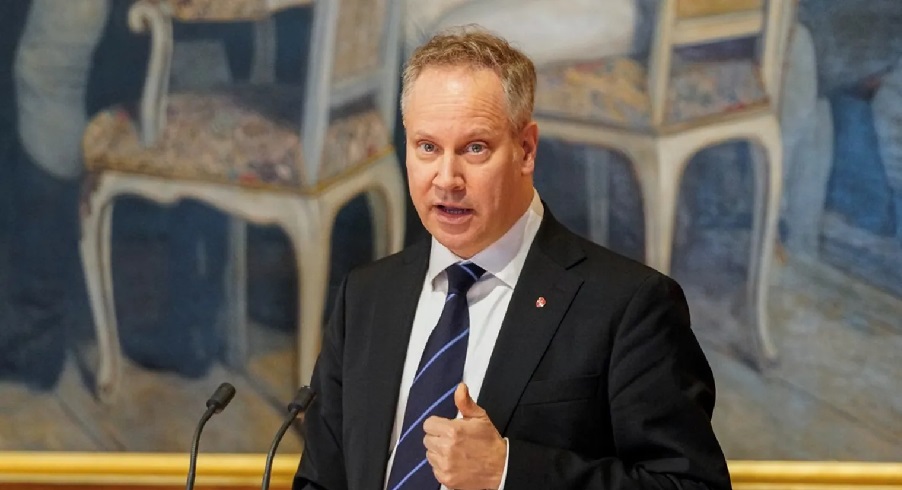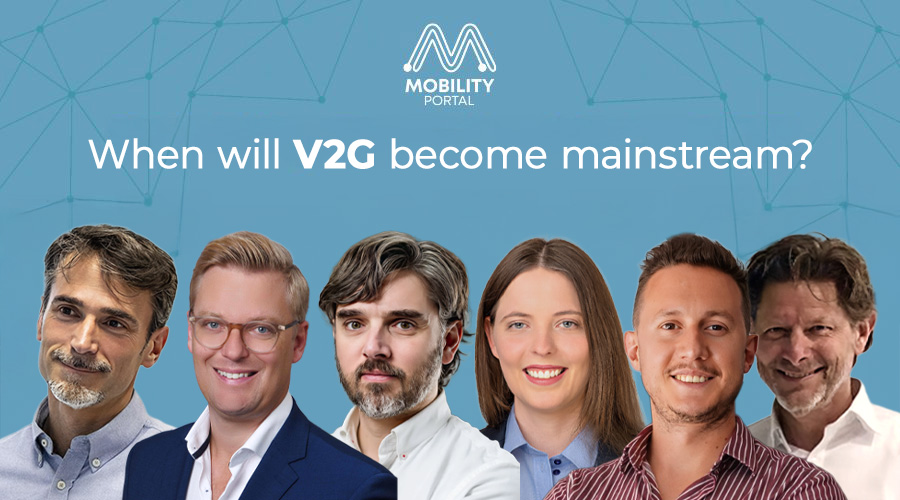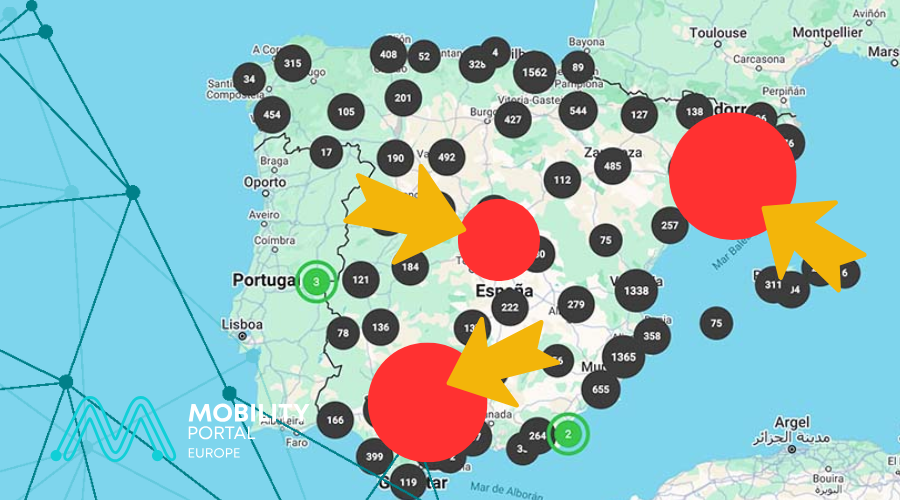The establishment of Zero Emission Zones (ZEZ) requires the development of a regulatory framework.
Therefore, the Ministry of Transport will now ask the Norwegian Public Roads Administration to draft and consult on a proposal for a law and regulation that grants municipalities the authority to establish ZEZs.
The Public Roads Administration will examine, among other things, the technical, legal, and practical aspects of this regulatory framework.
It will be up to local authorities to decide whether or not to implement zero-emission zones.
“Several large cities are considering the creation of ZEZs, and it is important that this government provides tools to authorities that wish to pursue an ambitious climate policy,” says Jon-Ivar Nygård, Minister of Transport.
It is worth mentioning that zero-emission zones are a measure that can contribute to reducing emissions by promoting the transition to sustainable mobility.
This is particularly relevant in freight and commercial transport, where electrification has not advanced as much as in passenger cars.
“A large portion of greenhouse gas emissions comes from road traffic in the largest cities. As a result, several of them want access to new measures that could increase the use of electric and hydrogen vehicles, thus further reducing emissions,” comments Andreas Bjelland Eriksen, Minister of Climate and Environment.
“The Labour government now offers cities this opportunity,” he adds.
Read more:
-
Is V2G the Future? Experts Discuss Its Challenges and Opportunities
Representatives from eMobility companies speak with Mobility Portal Europe about the opportunities presented by V2G and the barriers that must be addressed for its widespread adoption. When will it become a reality?
-
Three Spanish regions host 56% of EV charge points: Is it enough to meet demand?
Catalonia, Andalusia and Madrid account for over 56% of public EV charging points, yet they show very different dynamics in terms of monthly registrations. Ceuta, Melilla and La Rioja remain far behind.
-
VDIK on the German E-Mobility Transition: “We Need an Industrial Master Plan”
Imelda Labbé, President of the Association of International Motor Vehicle Manufacturers (VDIK), explains the reasons why electric mobility in Germany has stalled. What measures need to be taken to accelerate the e-mobility transition?










